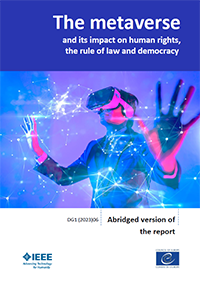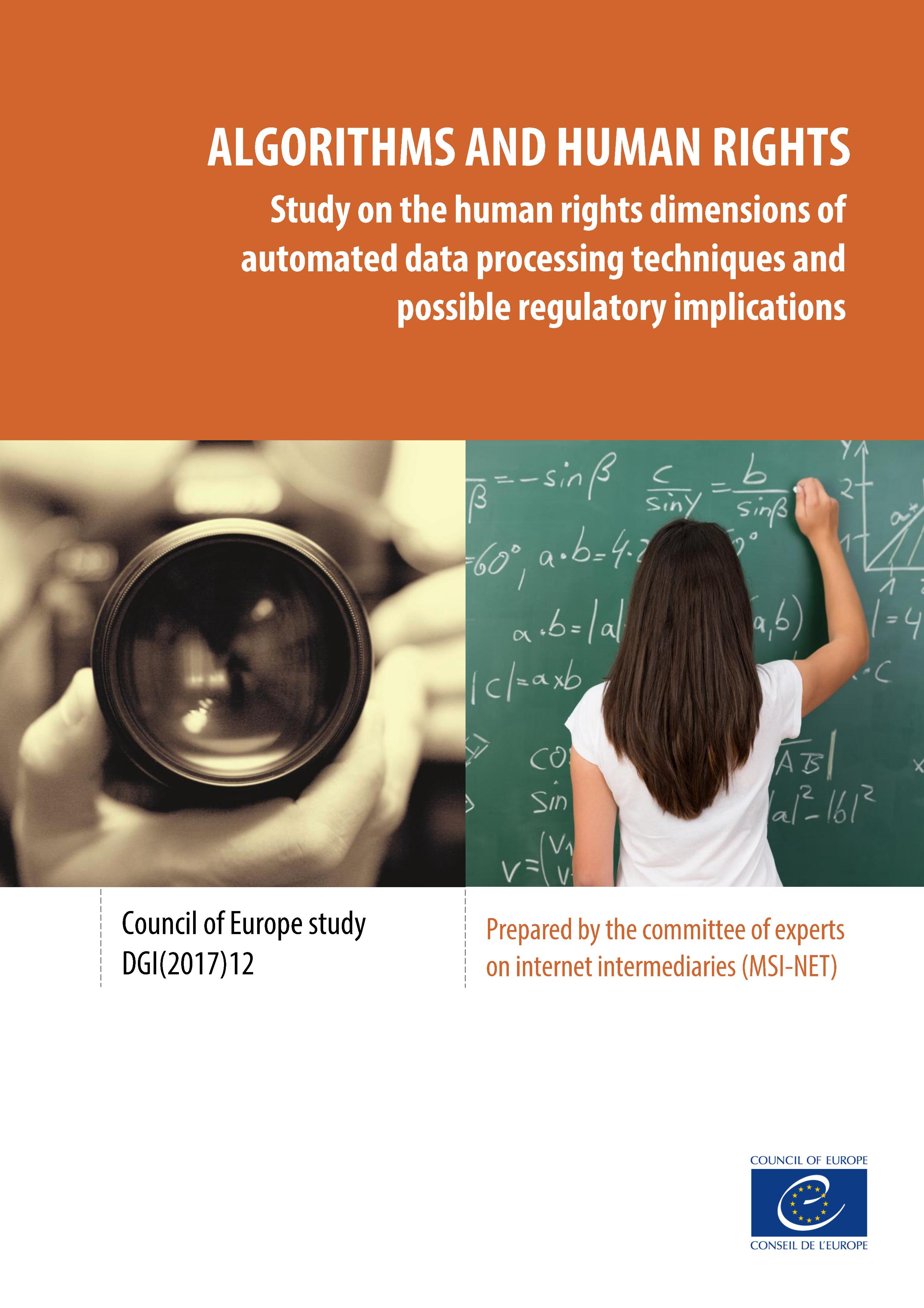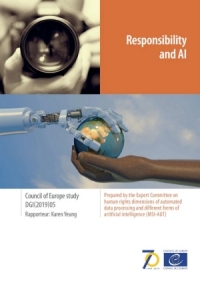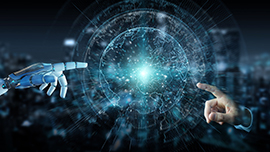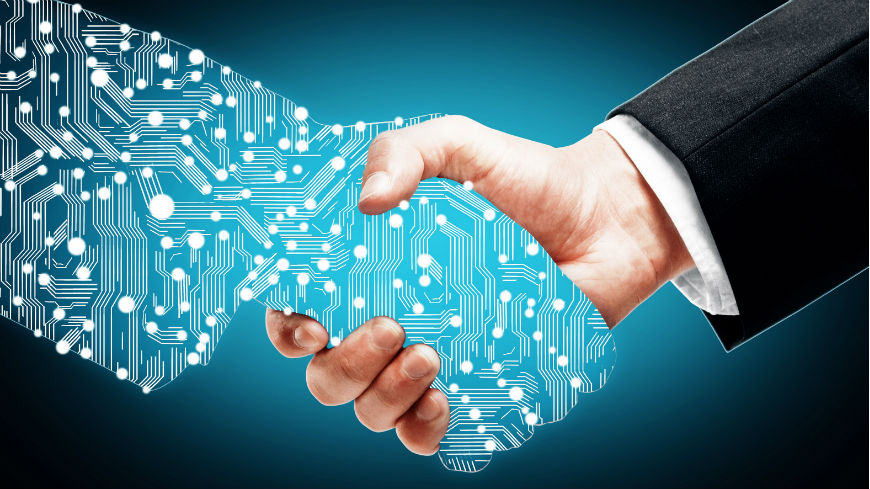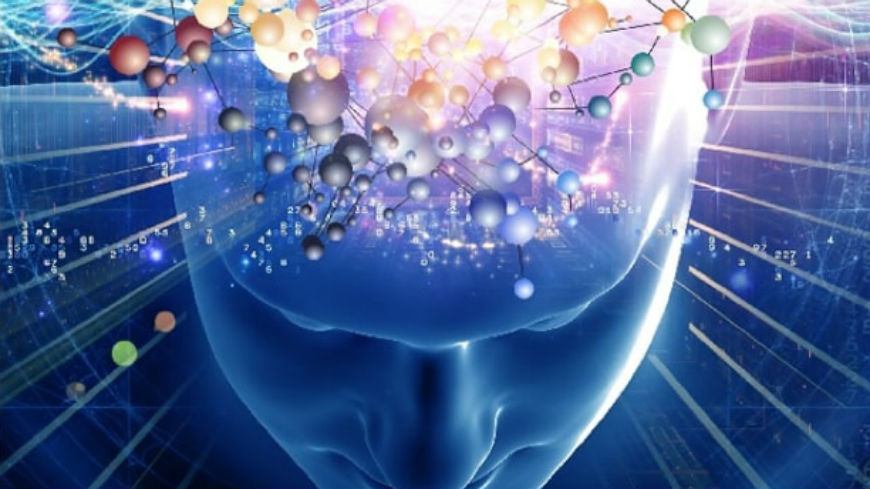Algorithms and AI development

The impact of ‘algorithms’ used by the public and private sector, in particular by internet platforms, on the exercise of human rights and the possible regulatory implications has become one of the most hotly debated questions today.
Image © Shutterstock
The collaborative report by the Council of Europe and the IEEE Standards Association, aims at aiding Council of Europe member states in understanding the metaverse's potential, applications and associated risks concerning human rights, the rule of law, and democracy. It emphasises the importance of a human rights, rule of law and democracy driven approach to technology development, acknowledging the uncertainty of the metaverse's future evolution.
The expert study on the human rights dimensions of automated data processing techniques (in particular algorithms) and possible regulatory implications (DGI(2017)12) of December 2017 maps out the main concerns from the Council of Europe’s human rights perspective. While listing the possible implications for various rights enshrined in the European Convention, it concludes that all rights are potentially impacted, as the growing use of automation and algorithmic decision-making in all spheres of life is threatening to disrupt traditional power structures, as operators of algorithms (who may be public or private) gain unprecedented advantages. The study further seeks to identify possible regulatory options that member states may consider to minimise adverse effects or to promote good practices.
Advanced digital technologies and services, including AI tools, come with extraordinary promise, particularly in the form of enhanced efficiency, accuracy, timeliness and conve-nience across a wide range of services. Yet the emergence of these technologies is also accompanied by rising public anxi-ety regarding their potentially damaging effects for individu-als, for vulnerable groups and for society more generally.
Given their pervasiveness in daily life, we must acquire a deeper understanding of their impact on the exercise of human rights and fundamental freedoms, and we should carefully consider how to allocate responsibility in case of adverse consequences. If we are to take human rights seri-ously in a globally connected digital age, we cannot allow the power of our advanced digital technologies and systems, and those who wield and derive benefits from them, to be accrued and exercised without responsibility.
Effective and democratically legitimised governance arrange-ments and enforcement mechanisms must be put in place to ensure that responsibility for the risks, harms and wrongs arising from the operation of advanced digital technologies are duly allocated.
A study of the implications of advanced digital technologies (including AI systems)forthe concept of responsibility within ahuman rights framework prepared by the Expert Committee on human rights dimensions of automated data processing and different forms of artificial intelligence (MSI-AUT)
Human Rights & Artificial Intelligence - presentation by Patrick Penninckx Head of the Information Society Department for the conference Octopus 2019: Cooperation against Cybercrime, Strasbourg, 22 November 2019
There is a wide range of types and applications of algorithmic systems. The extent of their impact on human rights depends on the specific purpose for which they are used, their possible knock-on effects, the way they function, their accuracy, complexity and scale. A system that does not create an adverse human rights impact at individual level may nevertheless have a collective, negative impact on specific groups or the population at large which States should consider. The expert study on the human rights dimensions of automated data processing techniques (in particular algorithms) and possible regulatory implications (DGI(2017)12) of December 2017 concludes that all human rights are potentially impacted by the growing use of algorithmic systems.
Research and analysis
Read more
Public entities and non-state actors should initiate research to better understand and respond to the human rights related legal and ethical implications of algorithmic decision-making. Technological developments should be monitored and reviewed for potential negative impacts, with particular attention paid to the use of algorithmic processing techniques during elections and election campaigns.
Due diligence
Read more
Human rights impact assessments should be conducted before making use of algorithmic decision-making in public administration. Certification and auditing mechanisms for automated data processing techniques should be developed to ensure their compliance with human rights. Effective responses to identified negative impacts could include experimental regulation with the aim to protect individual rights and guarantee regulatory goals, provided they are accompanied by systematic monitoring of their effects. Public entities and non-state actors should encourage and promote the development of human rights by design and ethics-by-design approaches as well as the adoption of stronger risk-assessment tools to enhance the development of software that upholds and protects fundamental values or basic ethical and societal principles.
Accountability
Read more
Public entities should be held accountable for the decisions they take based on algorithmic processes, whether these are used to prepare their decisions or to actually take them. Effective mechanisms should be adopted that enable redress for individuals that are negatively impacted by algorithmically informed decisions.
Transparency
Read more
Algorithms are often viewed as black boxes by both consumers and regulators alike. Demands for more algorithmic transparency have therefore been growing in public and political debate and have included requests that algorithms should be reviewed prior to their use by independent auditors, regulators and the public. In this context, the key is not the provision of all data imaginable, but rather the notion of “effective transparency”.
Institutions that use algorithmic processes should be encouraged to provide easily accessible explanations with respect to the data that is used by the algorithm, the procedures followed and the criteria based on which decisions are proposed. Moreover, industries that develop the analytical systems used in algorithmic decision-making and data collection processes should create awareness and understanding regarding the possible biases that may be embedded in the design of algorithms.
Awareness-raising
Read more
Enhanced public awareness and discourse are crucially important. All available means should be used to inform the general public so that users are empowered to critically understand and deal with the logic and operation of algorithms. This can include, but is not limited to, information and media literacy campaigns.
Considering the complexity of the field, however, there is also a need for additional institutions, networks and spaces where different forms of algorithmic decision-making are analysed and assessed in a trans-disciplinary, problem-oriented and evidence-based approach.

"Everyone has the right to freedom of expression"
Art. 10 European Convention on Human Rights



